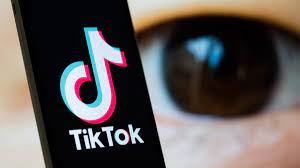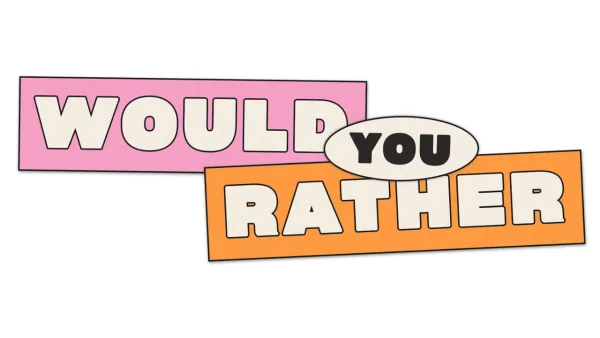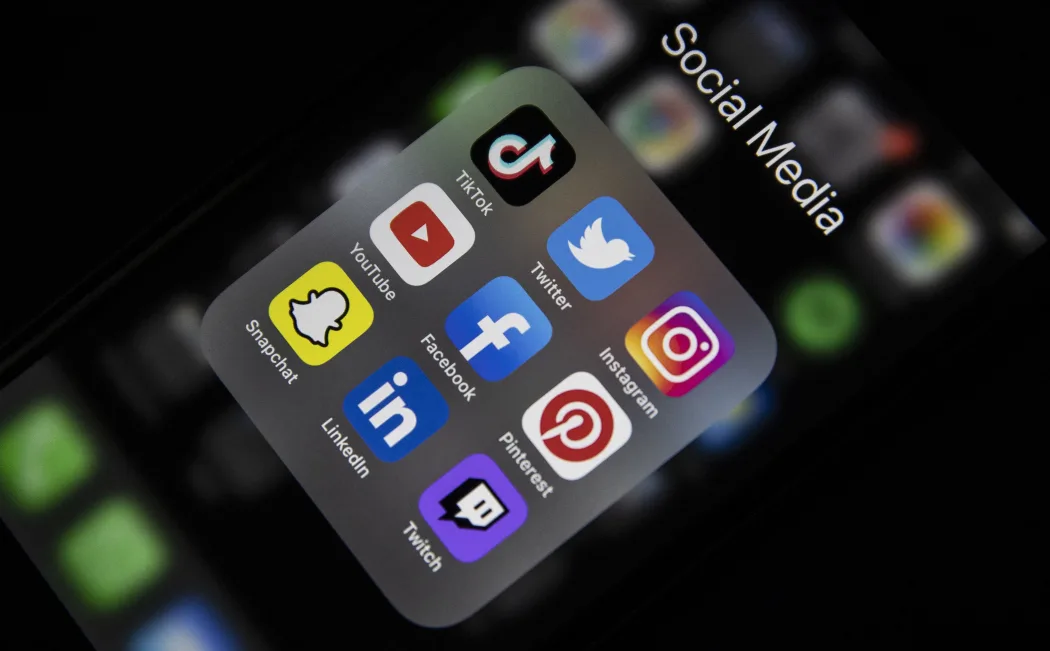Cringe culture has become a prevalent phenomenon in our digital age. It refers to the trend of mocking or ridiculing others for their perceived awkwardness or embarrassment. With the rise of social media, cringe-worthy moments can quickly go viral, subjecting individuals to public scrutiny and judgment.
Platforms like TikTok, YouTube , and Twitter have become breeding grounds for cringe culture. Users actively seek out and share cringe-worthy content, often accompanied by harsh comments and ridicule. This behavior has gained popularity, with entire communities forming around the enjoyment of cringe content. Fanlore.org communicates how “The culture started on the Internet of making fun of people and insulting them by calling them “cringy” or “cringy” for doing something which doesn’t harm or somehow insult anyone nor anything.”. The harmful part of this is how the main focus of cringe culture is making fun of people for doing something that does NOT harm or insult anyone directly. It’s not okay to humiliate and bully people just doing or saying something that makes them happy and doesn’t hurt anyone else.
, and Twitter have become breeding grounds for cringe culture. Users actively seek out and share cringe-worthy content, often accompanied by harsh comments and ridicule. This behavior has gained popularity, with entire communities forming around the enjoyment of cringe content. Fanlore.org communicates how “The culture started on the Internet of making fun of people and insulting them by calling them “cringy” or “cringy” for doing something which doesn’t harm or somehow insult anyone nor anything.”. The harmful part of this is how the main focus of cringe culture is making fun of people for doing something that does NOT harm or insult anyone directly. It’s not okay to humiliate and bully people just doing or saying something that makes them happy and doesn’t hurt anyone else.
Unfortunately, cringe culture can have detrimental effects on individuals’ mental well-being. Cyberbullying and online harassment are expected consequences as people become targets of public humiliation. The psychological harm caused by cyberbullying has been well-documented, with studies showing increased levels of anxiety, depression, and low self-esteem among victims.
Cringe culture has a stifling effect on being ridiculed or labeled as cringe, often leading individuals to conform to societal expectations, suppressing their true selves. This can hinder artistic expression and discourage people from taking risks or exploring new ideas.

Cringe culture reinforces existing social norms and pressures individuals to fit within a narrow definition of acceptability. Those who deviate from these norms, particularly marginalized groups, are often subjected to disproportionate criticism and mockery. This causes harmful stereotypes and diminishes already vulnerable communities. Some of the bullying comments from cringe culture have gotten so bad that TikTok added an “Anti-bullying protection” feature for their comments.
Media platforms and influencers play a significant role in perpetuating cringe culture. Reality TV shows, gossip magazines, and online commentary often highlight and mock individuals’ embarrassing moments for entertainment purposes. This normalization of public humiliation contributes to the widespread acceptance of cringe culture.
Some would also argue that cringe culture could be ableist. The-peak.ca.com confirms, “With cringe culture, many of us don’t realize just how destructive this othering can be. This culture disproportionately affects groups already shamed for other parts of their identities, causing further discomfort where there should never be any in the first place.” Cringe culture isn’t bringing everyone together; it’s just another excuse to bully others so the person could feel accepted by society. This has happened before as well, and history has repeated itself.
Cringe culture has far-reaching implications for individuals and society as a whole. It can lead to cyberbullying, hinder creativity, reinforce social norms, and cause harmful stereotypes. To combat the negative impact of cringe culture, promoting empathy, kindness, and acceptance online is essential. Being part of the social media community means creating a digital environment that celebrates authenticity and supports the well-being of all individuals.


















